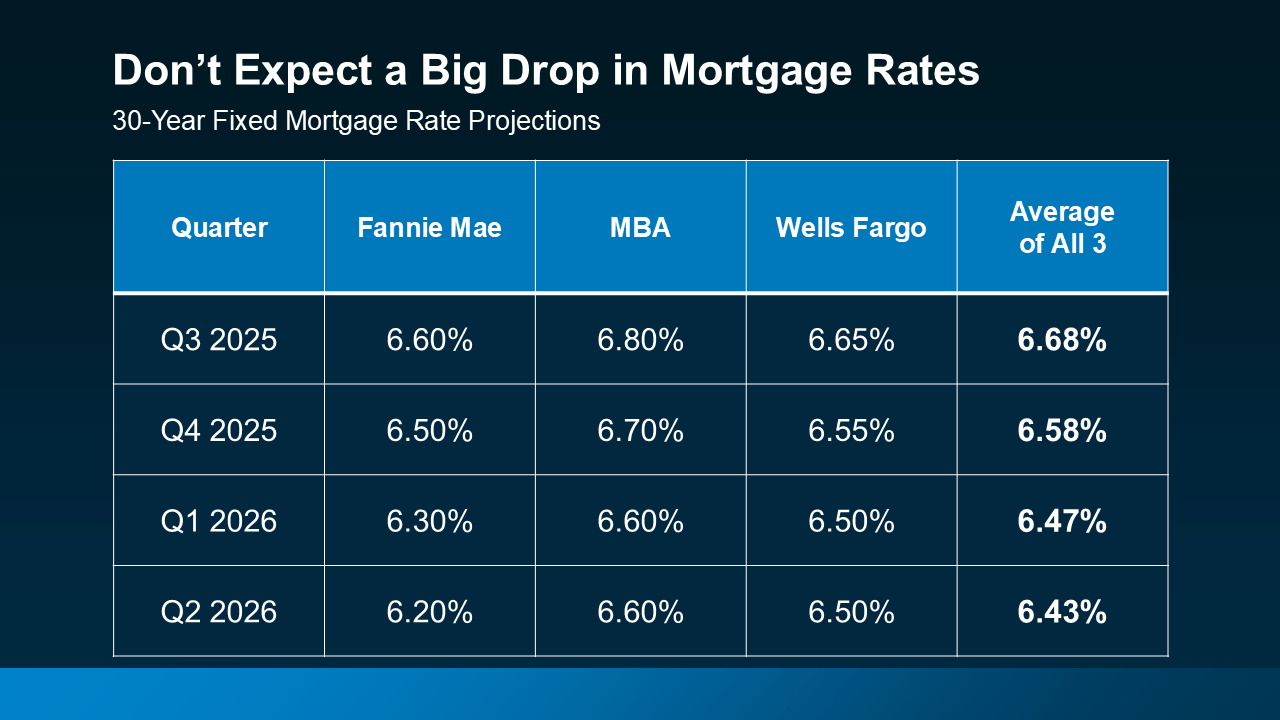Selling a home is stressful enough without leaving money on the table. Yet, we’re seeing experienced sellers make three assumptions that are quietly sabotaging their bottom line. If you’re planning to sell in Dunwoody or Sandy Springs, these mistakes are happening right now—and they’re costing homeowners thousands.
Assumption #1: “We’ll Just Test the Price”
Starting high and “testing the market” feels safe, but it’s one of the fastest ways to lose momentum. Overpriced homes sit longer, attract fewer showings, and often end up selling for less than if they were priced correctly from day one. In both Dunwoody and Sandy Springs, buyers are savvy and price-conscious. A stale listing signals weakness and invites low offers—no matter the neighborhood.
Assumption #2: “Buyers Will Update It Themselves”
It’s true—buyers don’t always expect modern finishes, and they won’t automatically walk away from a dated home. But updates matter more now than they did a few years ago. Today’s buyers are juggling busy schedules and higher costs, so they’re less willing to take on big projects. Even small improvements—fresh paint, updated fixtures—can make a big difference in perceived value and final sale price.
Assumption #3: “Rates Dropping Will Fix Everything”
Mortgage rates have already dropped about a full point compared to last year, and we’re seeing momentum in the market because of it. But here’s the catch: we won’t know the full impact for a little while. Waiting for rates to fall further is risky—inventory and buyer demand can shift quickly, and you could end up competing with more listings. Right now, both Dunwoody and Sandy Springs have strong demand and limited inventory, which gives sellers leverage. Timing matters more than wishful thinking.
Bottom Line
If you’re selling in Dunwoody or Sandy Springs, avoid these traps. Price strategically, make smart updates, and act based on today’s market—not tomorrow’s hopes. The sellers who adapt fastest are the ones walking away with the strongest offers.
Ready to sell smart? Let’s talk about your home, your goals, and how we can position you for success in today’s market. Contact us today to get started.


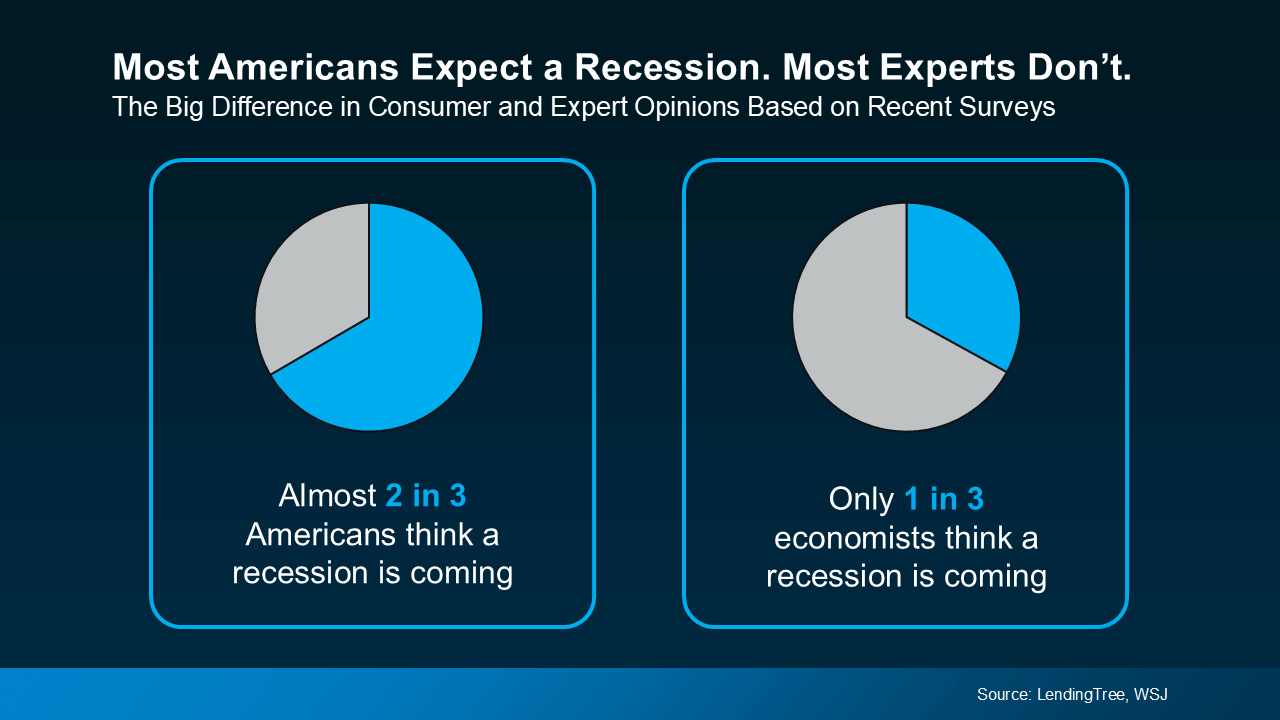
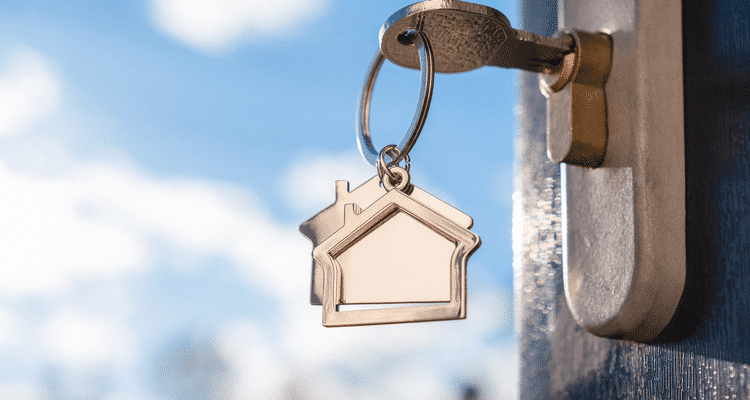
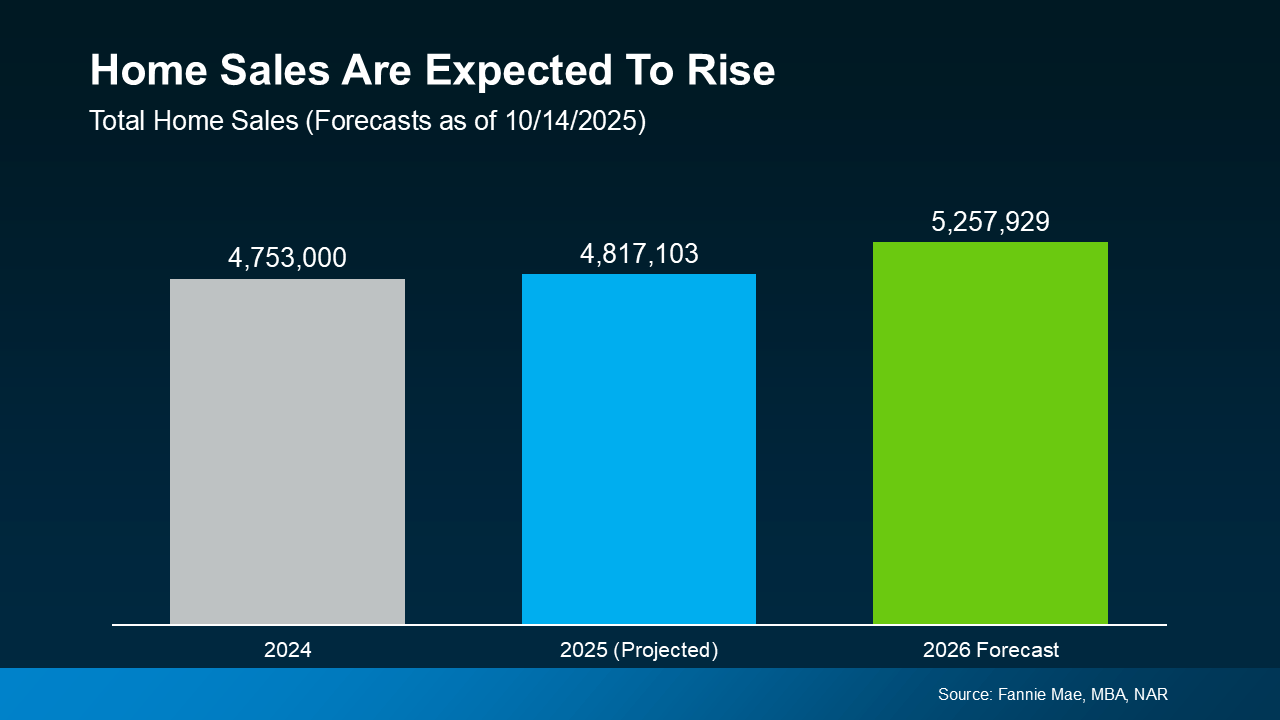
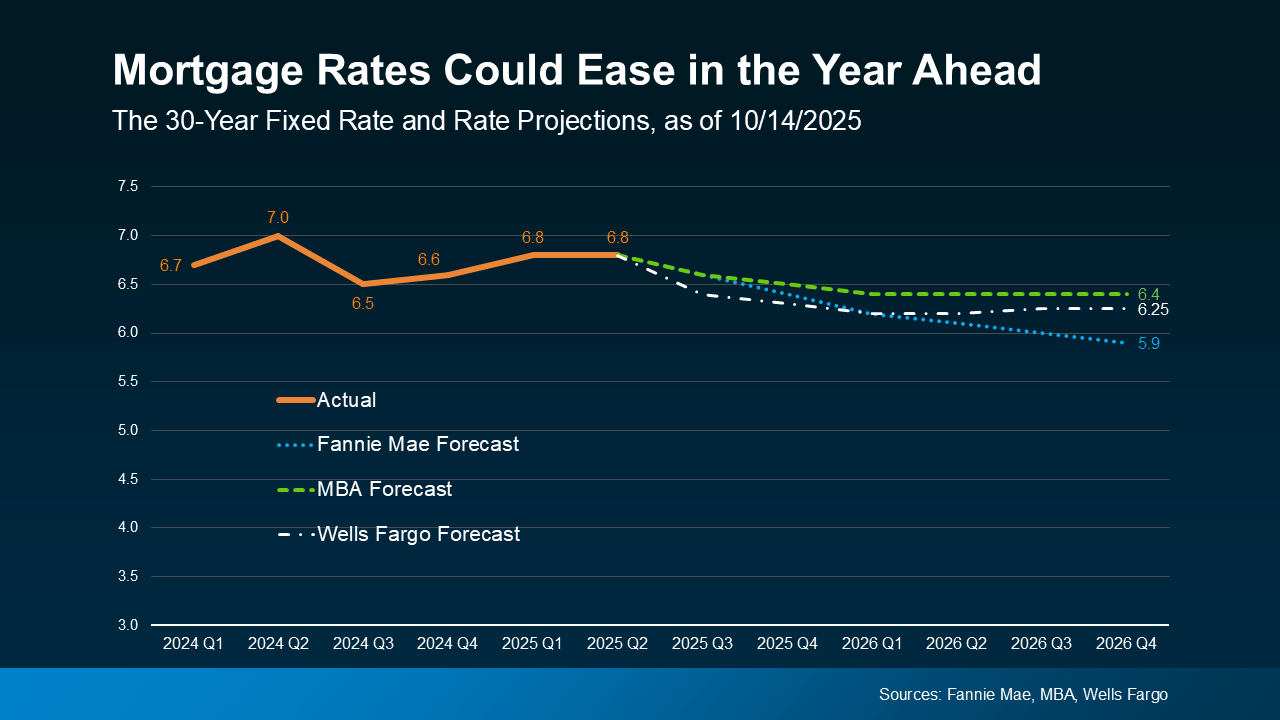
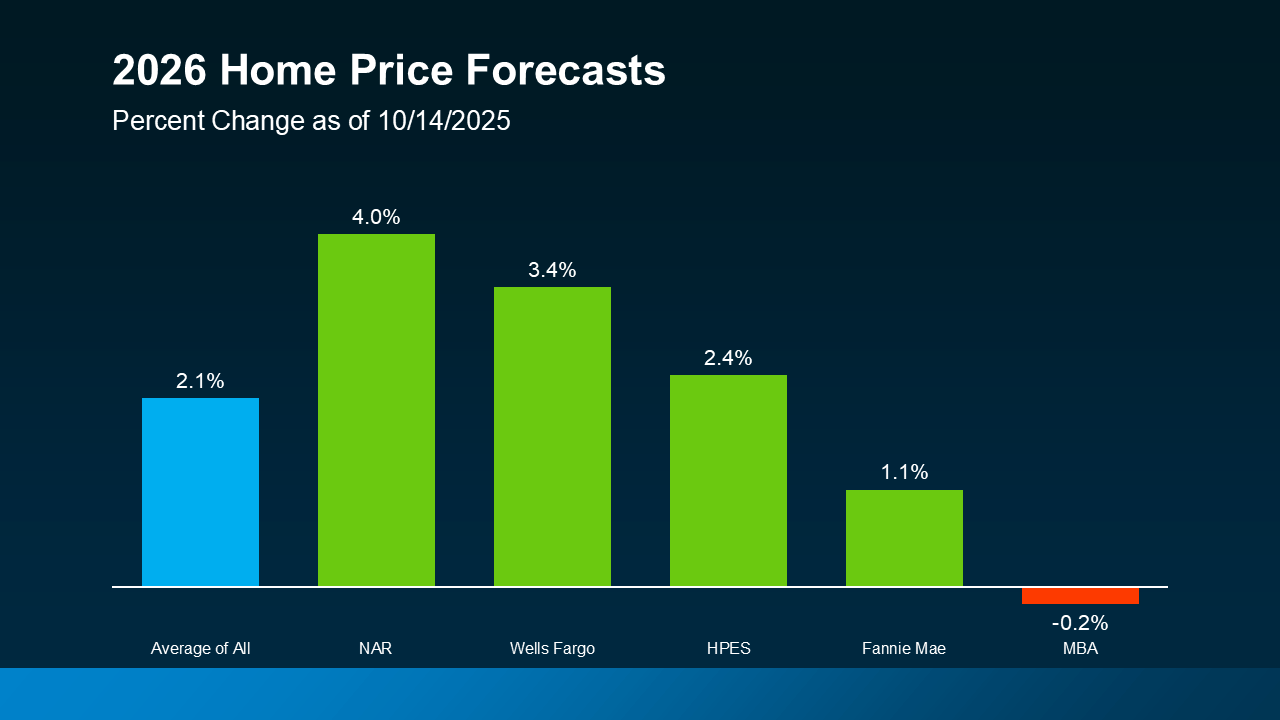


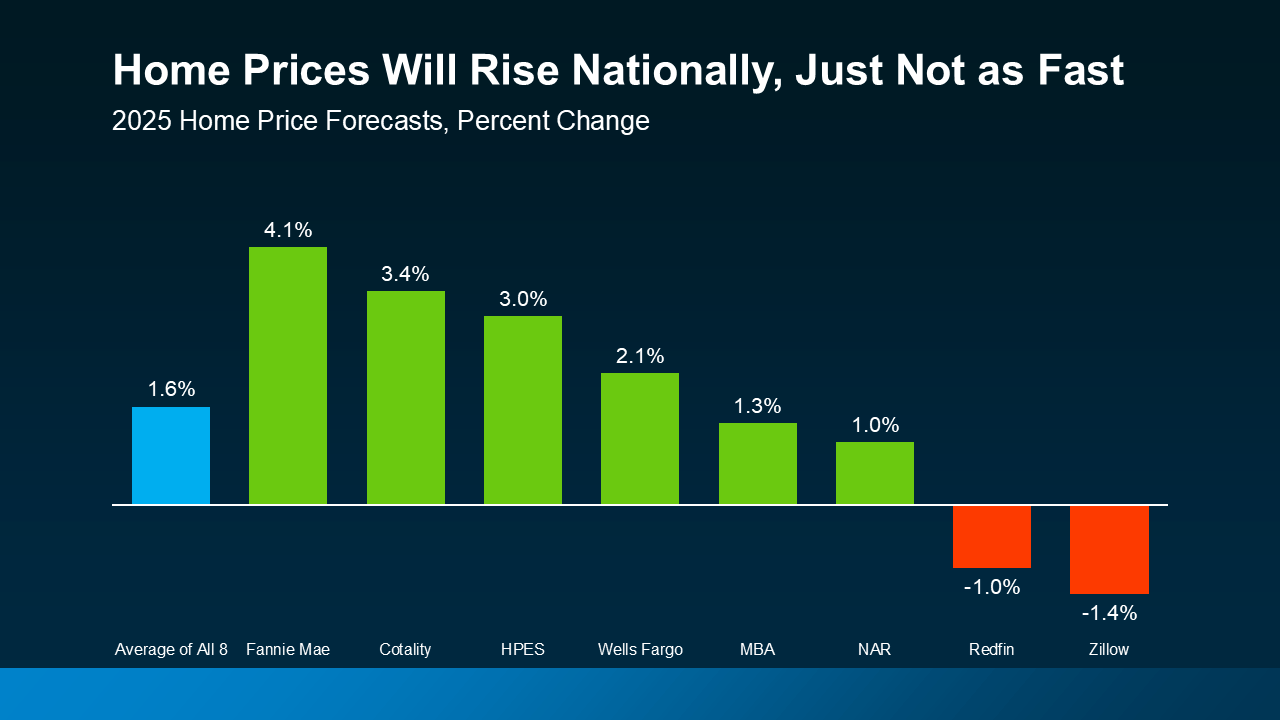 That means, if you’re waiting for a major drop, experts agree that’s just not in the cards.
That means, if you’re waiting for a major drop, experts agree that’s just not in the cards. 